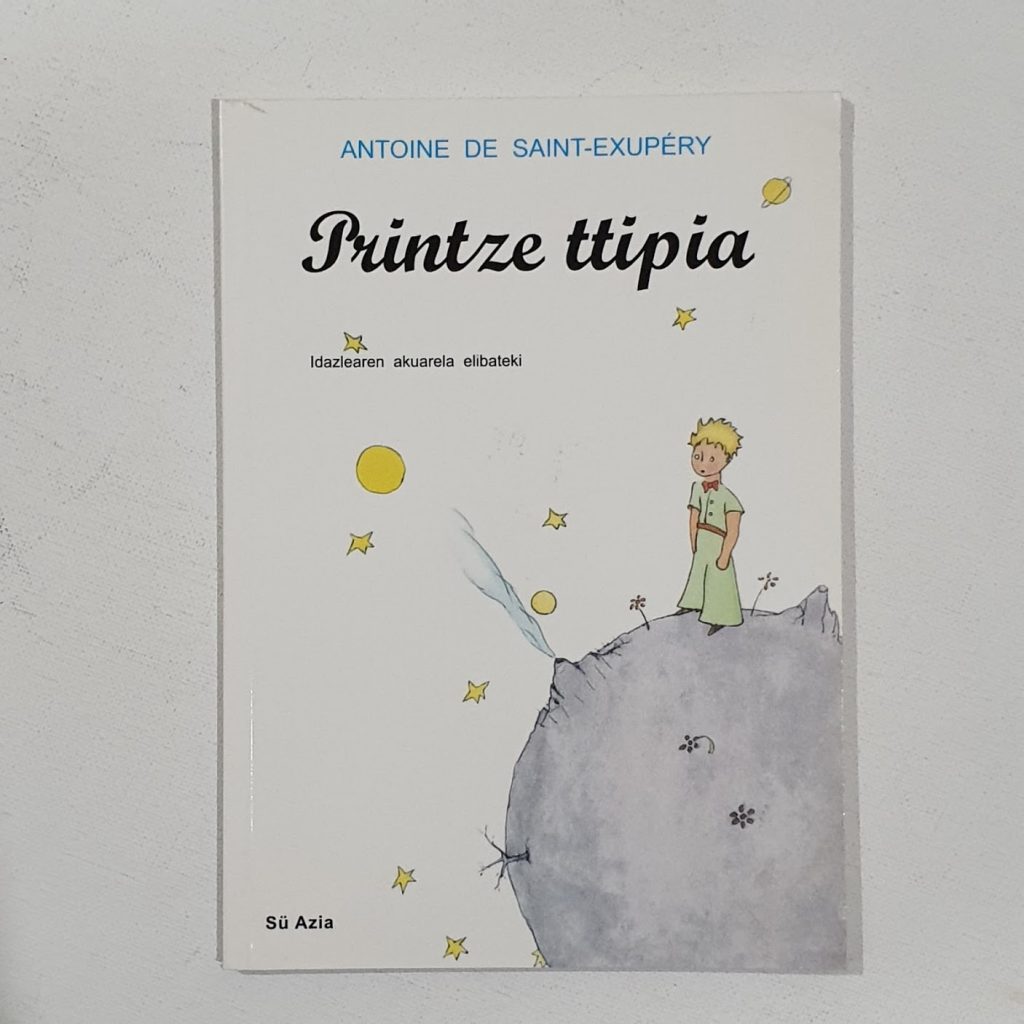
Printze Ttipia — in Euskera Suletino/ Souletin.
Souletin, also known as Zuberoan or in Basque as Zuberera, is the dialect of the Basque language traditionally spoken in the province of Soule (Zuberoa in Basque), the easternmost region of the Basque Country located in south-western France. It forms one of the seven recognised Basque dialects and is often considered the most distinct among them due to its unique phonological, grammatical, and lexical features. The dialect is used in an area characterised by small rural communities nestled in the Pyrenean foothills, and its speakers represent a minority within an already minority-language-speaking population.
Linguistically, Zuberoan differs significantly from the central dialects such as Gipuzkoan and Labourdin. One of its most distinctive features is the presence of front rounded vowels, particularly the vowel /y/ (as in French lune), which does not occur in the other Basque dialects. Zuberoan also retains certain archaisms and syntactic constructions that have been lost elsewhere, and it features a higher degree of vowel harmony. Its verb morphology and use of aspectual distinctions add further to its uniqueness, sometimes making it challenging for speakers of other dialects to understand.
The dialect is not only a means of daily communication but also an important element of cultural expression, especially in the traditional theatre form known as the pastoral, a stylised and communal dramatic performance that includes music, dance, and narrative. These events are still performed in Zuberoan Basque and are a significant vehicle for maintaining and transmitting the dialect across generations.


